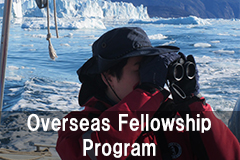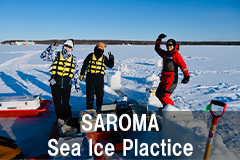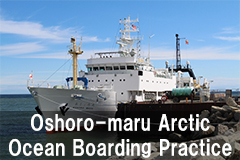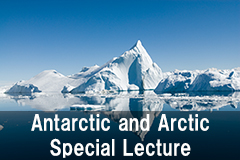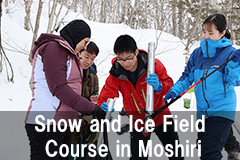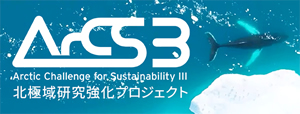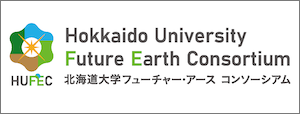ArCS-3
Hokkaido University Launches ArCS-3: Arctic Challenge for Sustainability

 Map centered on the North Pole
Map centered on the North PoleHokkaido University has launched the Arctic Challenge for Sustainability 3 (ArCS-3) project in collaboration with the National Institute of Polar Research (NIPR) and the Japan Agency for Marine-Earth Science and Technology (JAMSTEC).
ArCS-3 is Japan’s largest and most comprehensive Arctic research initiative to date, and is supported by funding from the Ministry of Education, Culture, Sports, Science and Technology (MEXT) under its Environmental Research and Technology Development Program. The project will be implemented from April 1, 2025 through the end of fiscal year 2029.
The Arctic is the region where the effects of global warming are most pronounced. Rapid changes in its natural environment are already impacting ecosystems and climate systems not only within the Arctic itself but also across the globe, including mid-latitude regions. To address the growing social challenges associated with Arctic sustainability, it is essential to foster interdisciplinary research. Equally urgent is the need to fill gaps in observational data in the Arctic, to better understand the current state of environmental change and improve the reliability of future projections.
Building on a Legacy of National Polar Research
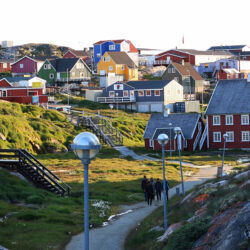 Townscape of Greenland
Townscape of GreenlandArCS-3 builds on a decade of Japanese Arctic research, following the GRENE Arctic Climate Change Research Project launched in 2011, and its successors, ArCS and ArCS II.
As illustrated in the diagram below, ArCS-3 is structured around three strategic objectives, addressed through ten research themes, supported by seven research foundational platforms. These efforts leverage Japan’s strengths in polar science infrastructure—such as research vessels and Earth observation satellites—along with advanced simulation and data systems.
The project aims to deepen our understanding of the polar environment, foster the emergence of new interdisciplinary research fields, cultivate the next generation of researchers, and raise awareness of the societal issues emerging from Arctic change.
Its overall goal is to generate integrated knowledge that contributes to solving societal challenges driven by environmental and social changes in the Arctic, and to contribute to Japan’s role and responsibility in both Arctic research and policy on the international stage.
Hokkaido University’s Role in ArCS-3
Researchers from a wide range of areas at Hokkaido University—including the natural sciences, humanities and social sciences, and engineering—are actively participating in ArCS-3.
- Professor Tomonori Sato of the Faculty of Environmental Earth Science leads the Climate-Related Disasters theme.
- Professor Hiroji Ueno of the Faculty of Fisheries Sciences leads the Biodiversity theme.
In addition, Hokkaido University will continue its cross-disciplinary research in Greenland, where it has already built a strong record of fieldwork in collaboration with local communities.
Under the leadership of Professor Shin Sugiyama, Director of the Arctic Research Center, the university is also responsible for a key human resource development program that supports the training of the next generation of Arctic researchers.
This includes sending early-career researchers and graduate students to the Arctic and other international field sites, as well as offering a comprehensive polar education program that incorporates field training and special lectures both in Japan and abroad.



